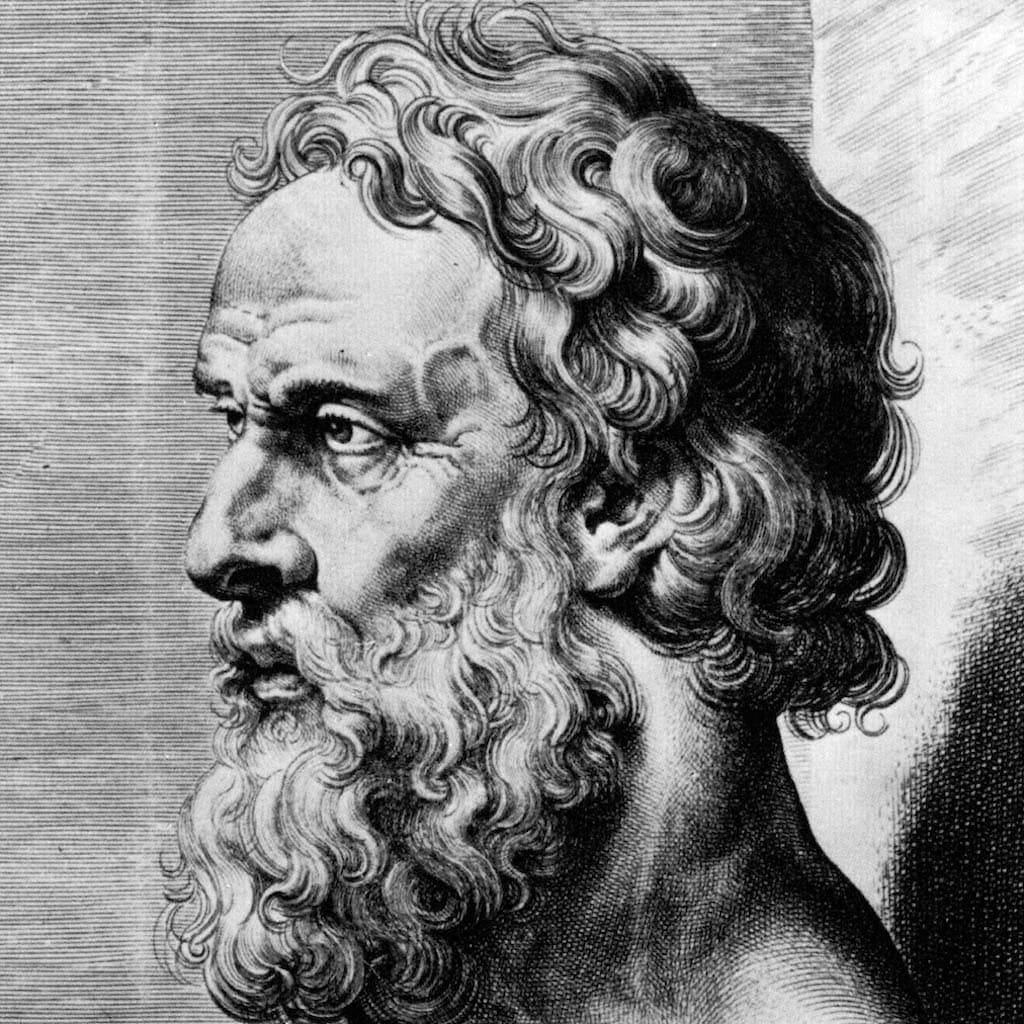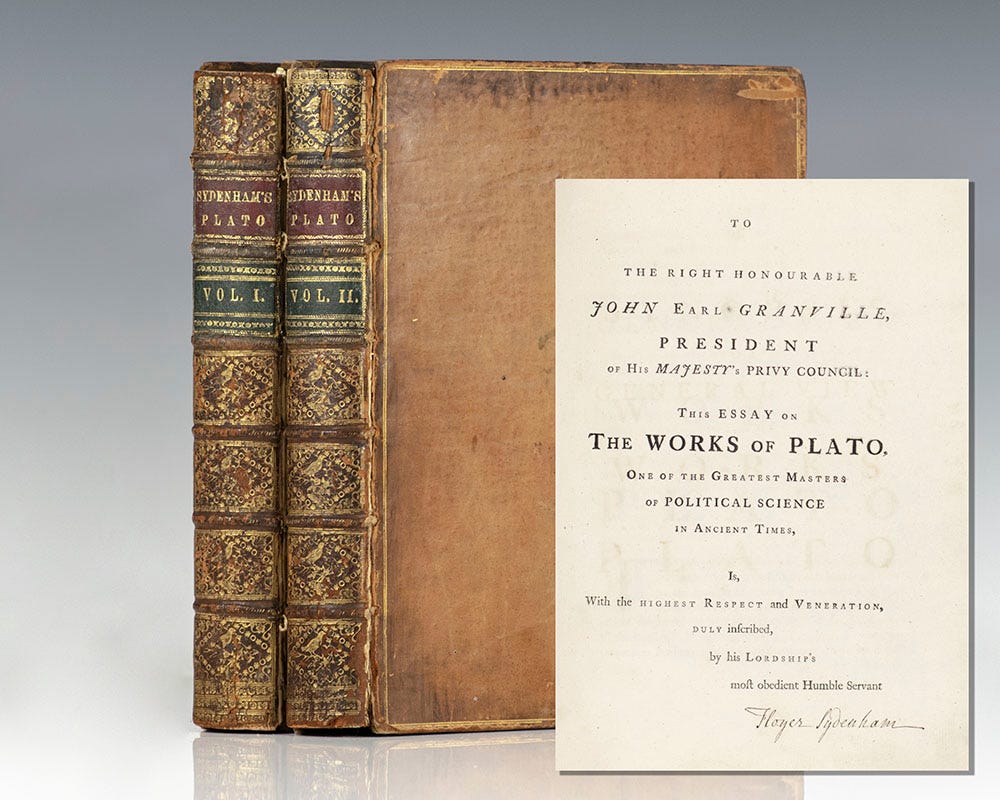Exploring Plato: Life, Accomplishments, and the Theory of the Ideal Citizen
The Meta Warrior's Muse
Plato, a towering figure in Western philosophy, left an indelible mark on the world with his profound ideas and philosophical inquiries. Born in Athens around ~427 BCE, Plato's life journey unfolded against the backdrop of a vibrant intellectual and political landscape. From his early years as a student of Socrates to his establishment of the renowned Academy, Plato's legacy endures through his timeless works and influential teachings. This blog post delves into the life of Plato, his significant accomplishments, and his seminal theory of the ideal citizen.
Plato was born into an aristocratic family in Athens, and his early life was steeped in privilege and education. He received a comprehensive education in philosophy, mathematics, and gymnastics, setting the stage for his intellectual pursuits. At a young age, Plato became acquainted with the enigmatic philosopher Socrates, whose teachings would profoundly shape his philosophical outlook.
Following the execution of Socrates in 399 BCE, Plato embarked on extensive travels, seeking knowledge and engaging with various philosophical traditions. These experiences broadened his horizons and deepened his understanding of the human condition, laying the groundwork for his later philosophical endeavors.
Plato's most enduring achievement was the establishment of the Academy in Athens, often regarded as the world's first institution of higher learning. Founded around 387 BCE, the Academy served as a hub for intellectual discourse and philosophical inquiry, attracting students from far and wide.
In addition to his role as an educator, Plato authored numerous dialogues and treatises that explored a wide range of philosophical topics. His writings cover metaphysics, epistemology, ethics, politics, and aesthetics, offering profound insights into the nature of reality, knowledge, and virtue. Among his most famous works are "The Republic," "The Symposium," and "The Phaedo," each addressing fundamental questions about justice, love, and the soul.
Plato's theory of the ideal citizen, as articulated in his renowned work "The Republic," encompasses various dimensions, including the role of health and athletics in the formation of virtuous individuals and a just society. While Plato primarily focuses on the cultivation of intellectual and moral virtues, he also recognizes the importance of physical well-being and athletic training in the development of the ideal citizen.
Harmony of Body and Soul: In Plato's view, the ideal citizen embodies harmony and balance between the body and soul. He argues that physical health is essential for achieving inner harmony and moral excellence. Plato believed that a healthy body serves as a vessel for a virtuous soul, enabling individuals to fulfill their moral duties and pursue the common good.
Education of the Whole Person: Plato's educational philosophy emphasizes the holistic development of individuals, encompassing both intellectual and physical training. He advocates for a comprehensive educational curriculum that includes gymnastics (physical education) alongside music, mathematics, and philosophy. Through gymnastics, individuals learn discipline, self-control, and resilience—qualities essential for moral and civic virtue.
Athletics and Moral Development: Plato acknowledges the moral and character-building benefits of athletic training. He contends that participation in sports fosters virtues such as courage, perseverance, and teamwork, which are integral to the formation of virtuous citizens. By engaging in competitive pursuits, individuals learn to overcome challenges, accept defeat gracefully, and strive for excellence in all endeavors.
The Philosopher-Athlete Ideal: Plato's ideal citizen embodies the qualities of both philosopher and athlete—a harmonious fusion of intellectual and physical prowess. He envisions a society in which individuals cultivate wisdom and moral virtue through philosophical inquiry while also maintaining physical fitness and prowess through athletic training. The philosopher-athlete ideal exemplifies the holistic nature of Plato's vision of the ideal citizen, emphasizing the integration of mind, body, and spirit in the pursuit of human excellence.
The Guardians' Physical Regimen: In "The Republic," Plato introduces the concept of the guardian class, whose members are tasked with protecting and governing the city-state. The guardians undergo rigorous physical and intellectual training from a young age, including gymnastics, to prepare them for their role as defenders of justice and virtue. Plato emphasizes the importance of physical fitness among the guardians, recognizing that their strength and endurance are essential for safeguarding the city and upholding its moral principles.
In summary, Plato's theory of the ideal citizen underscores the interconnectedness of physical health, moral virtue, and civic responsibility. By integrating athletic training with intellectual and moral education, Plato seeks to cultivate individuals who embody excellence in both body and soul, contributing to the flourishing of society as a whole.
Plato's life and philosophy continue to captivate scholars and thinkers across the globe, offering profound insights into the nature of reality, morality, and human flourishing. From his foundational contributions to Western philosophy to his enduring vision of the ideal citizen, Plato's legacy remains as relevant and thought-provoking as ever. As we reflect on his life and accomplishments, we are reminded of the enduring power of philosophical inquiry to illuminate the path to wisdom and enlightenment. The perfect inspiration for the creation of our company: The Meta Warrior








